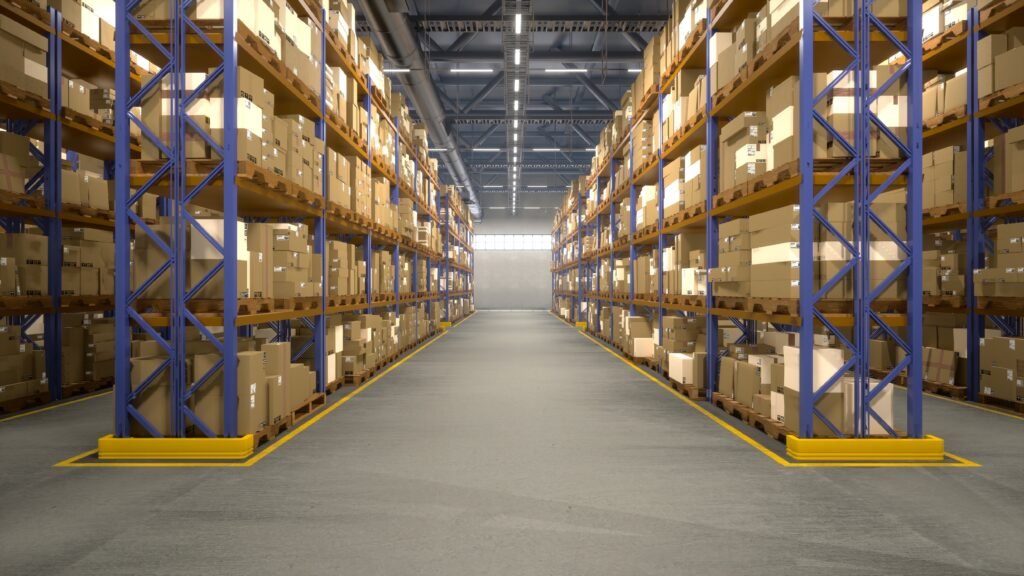
Explore the latest trends in warehousing and logistics, from automation to AI. Learn how businesses optimize storage, fulfillment, and supply chains.
Introduction
Warehousing is changing faster than ever. Businesses now depend on automation, smart technology, and AI-driven solutions to improve operations. These advancements help companies reduce costs, speed up deliveries, and enhance efficiency.
Instead of manual tracking, modern warehouses use real-time data, robotics, and automated systems. This shift makes storage and logistics more streamlined. Let’s explore the key trends shaping the future of warehousing.
1. AI & Automation Enhancing Efficiency
Artificial Intelligence (AI) and automation are revolutionizing warehouse operations. Many companies are integrating:
✔️ Robotic systems for faster picking and packing.
✔️ AI-powered inventory tracking to minimize stock errors.
✔️ Automated storage solutions that improve space management.
By using these technologies, businesses increase efficiency, reduce human errors, and cut labor costs.
2. IoT & Smart Warehousing Solutions
The Internet of Things (IoT) is making warehouses smarter. Connected devices and sensors provide:
📡 Real-time inventory tracking for better stock visibility.
📦 RFID technology to speed up order processing.
🔄 Automated alerts that prevent stock shortages.
With IoT, companies enhance warehouse efficiency, reduce delays, and improve overall accuracy.
3. Sustainability & Green Warehousing
Many businesses are now focusing on sustainable warehousing to reduce environmental impact. Some popular eco-friendly practices include:
🌱 Solar-powered warehouses that cut energy costs.
🔋 LED lighting and smart cooling systems to save electricity.
📦 Biodegradable packaging materials to reduce waste.
Switching to sustainable practices helps companies lower expenses while protecting the environment.
4. The Future of Dark Warehouses
Dark warehouses, which operate with minimal human involvement, are becoming more common. They rely on:
🚀 AI-driven robotics for product sorting and movement.
📦 Automated conveyor systems for seamless logistics.
📊 Predictive analytics to optimize inventory flow.
Although still in development, dark warehouses represent the next level of fully automated logistics.
5. The Growth of Micro Warehousing
With e-commerce booming, businesses need faster and more flexible storage solutions. To meet demand, many companies are adopting:
📍 Micro-warehouses located closer to customers for quick delivery.
🚚 On-demand storage solutions that allow flexible space usage.
⏳ AI-based demand forecasting to prevent overstocking.
These solutions help reduce delivery times, improve logistics, and increase customer satisfaction.
Final Thoughts
Warehousing is evolving with technology, automation, and sustainable solutions. As industries grow, staying ahead of these trends will be crucial for success.
📢 Which warehousing trend do you think will have the biggest impact? Share your thoughts below!
